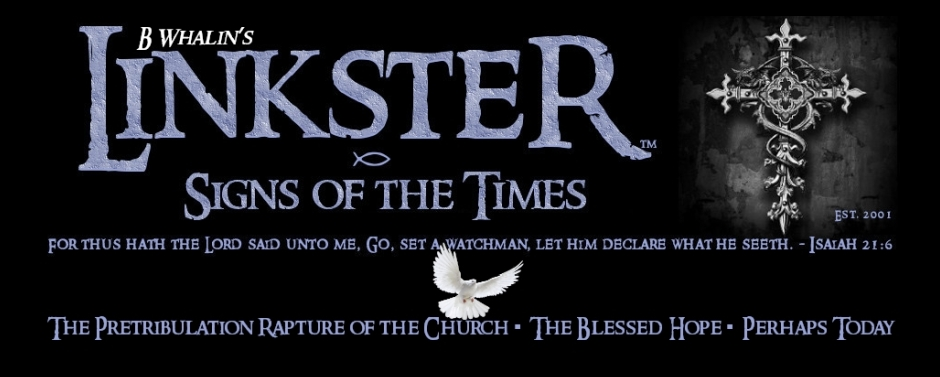
Ronald Wilson Reagan
Fortieth President of the United States (1981–1989)
33rd Governor of California (1967–1975)
Radio, Film and Television Actor
33rd Governor of California (1967–1975)
Radio, Film and Television Actor
On ‘Words For Our Day (Obamacare)’

Biography
 Ronald Wilson Reagan (February 6, 1911 – June 5, 2004) was the 40th President of the United States (1981–1989). Prior to that, he was the 33rd Governor of California (1967–1975), and a radio, film and television actor. As president, Reagan implemented sweeping new political and economic initiatives. His supply-side economic policies, dubbed "Reaganomics", advocated reducing tax rates to spur economic growth, controlling the money supply to reduce inflation, deregulation of the economy, and reducing government spending. In his first term he survived an assassination attempt, took a hard line against labor unions, and ordered an invasion of Grenada. He was re-elected in a landslide in 1984, proclaiming that it was "Morning in America". His second term was primarily marked by foreign matters, such as the ending of the Cold War, the 1986 bombing of Libya, and the revelation of the Iran-Contra affair. Publicly describing the Soviet Union as an "evil empire", he supported anti-communist movements worldwide and spent his first term forgoing the strategy of détente by ordering a massive military buildup in an arms race with the USSR. Reagan negotiated with Soviet General Secretary Mikhail Gorbachev, culminating in the INF Treaty and the decrease of both countries' nuclear arsenals.
Ronald Wilson Reagan (February 6, 1911 – June 5, 2004) was the 40th President of the United States (1981–1989). Prior to that, he was the 33rd Governor of California (1967–1975), and a radio, film and television actor. As president, Reagan implemented sweeping new political and economic initiatives. His supply-side economic policies, dubbed "Reaganomics", advocated reducing tax rates to spur economic growth, controlling the money supply to reduce inflation, deregulation of the economy, and reducing government spending. In his first term he survived an assassination attempt, took a hard line against labor unions, and ordered an invasion of Grenada. He was re-elected in a landslide in 1984, proclaiming that it was "Morning in America". His second term was primarily marked by foreign matters, such as the ending of the Cold War, the 1986 bombing of Libya, and the revelation of the Iran-Contra affair. Publicly describing the Soviet Union as an "evil empire", he supported anti-communist movements worldwide and spent his first term forgoing the strategy of détente by ordering a massive military buildup in an arms race with the USSR. Reagan negotiated with Soviet General Secretary Mikhail Gorbachev, culminating in the INF Treaty and the decrease of both countries' nuclear arsenals.Reagan left office in 1989. In 1994, the former president disclosed that he had been diagnosed with Alzheimer's disease earlier in the year; he died ten years later at the age of 93. A conservative icon, he ranks highly in public opinion polls of U.S. Presidents and is credited for generating an ideological renaissance on the American political right. » Full Bio
» See All ‘Quotable Quotes’
This Day In History 54 Years Ago
Cold War - September 25, 1959
Cold War - September 25, 1959
Eisenhower And Khrushchev Meet For Talks
 Soviet leader Nikita Khrushchev caps his trip to the United States with two days of meetings with President Dwight D. Eisenhower. The two men came to general agreement on a number of issues, but a U-2 spy plane incident in May 1960 crushed any hopes for further improvement of U.S.-Soviet relations during the Eisenhower years.
Soviet leader Nikita Khrushchev caps his trip to the United States with two days of meetings with President Dwight D. Eisenhower. The two men came to general agreement on a number of issues, but a U-2 spy plane incident in May 1960 crushed any hopes for further improvement of U.S.-Soviet relations during the Eisenhower years. [...]
Unfortunately, the hopeful optimism generated by the September 1959 meeting did not last long. In May 1960, the Soviets shot down an American U-2 spy plane over Russia and captured the pilot. The Eisenhower administration compounded the situation by initially disclaiming any knowledge of espionage flights over the Soviet Union. A summit meeting scheduled for Geneva was scrapped, as were plans for Eisenhower to visit to the Soviet Union. » Full Article
Significant Events This Day In History
» History» Ultimate History Quiz
“The Ultimate History Quiz features thousands of questions about American and global history trivia. Play now to challenge your friends, and see how you stack up to the competition.”


